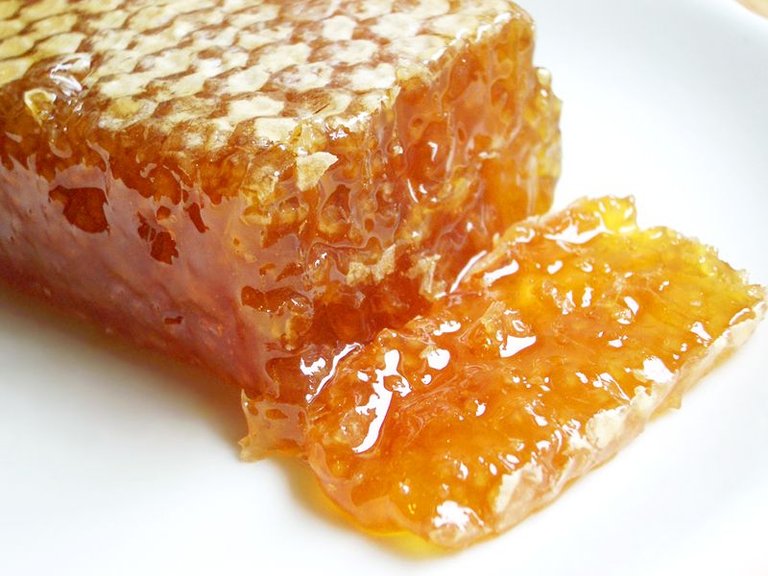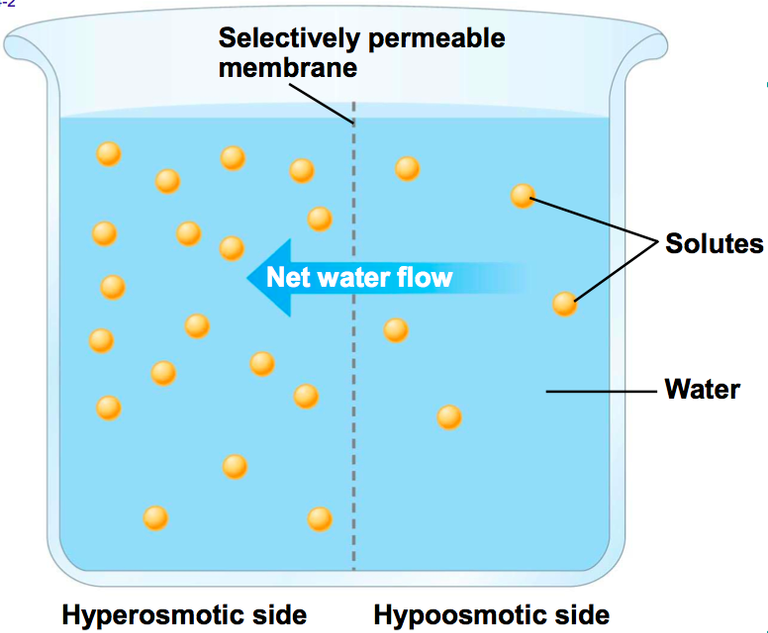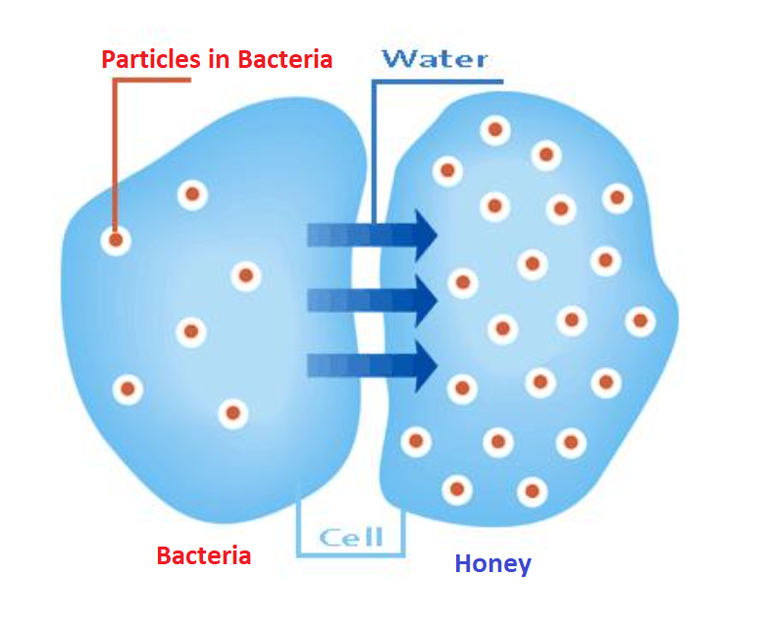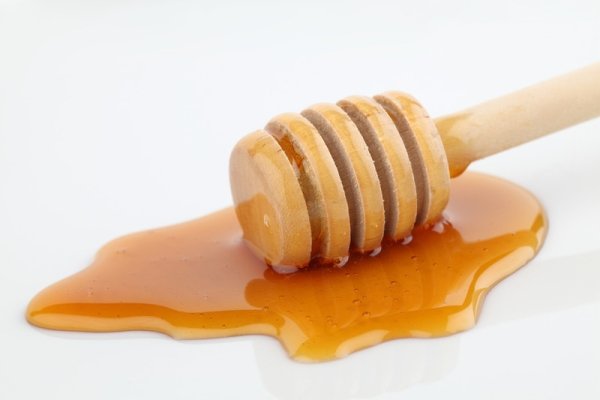Honey as an Antibiotic
To those who are not familiar with this, it may come to a surprise as to how this is possible? Is this really true? Well technically speaking, this is a very common thing in fields of science in chemistry and I would lay down why this is possible through this post today. Shall we get started?

Honey has been documented as one of the earliest medicines in civilization, It has been found in Egyptian papyrus dating between 2200-2600 BC. It is widely known as a folk medicine even here in the Philippines. Since the olden times it has been renowned for its wound healing and infection prevention properties. I mentioned last time that it was even used by Roman soldiers to heal their wounds in the absence of direct medical management
At around 1940, the time where clinical testing started, the popularity of honey has started to decline. With the advent of antibiotic therapy, its clinical application has been neglected by community and the lay men. Antibiotics come with side effects while the use of honey has shown none.
How does honey exert its antibiotic effect?

To understanding how this is possible, I would want to break down my lecture into parts again, to be able to fully understand the whole process. Please bear with me as I would love to really talk about this from time to time. For this discussion, we will focus on Osmolarity and move on to other mechanisms of action later on.
Osmolarity
This is defined as the measure of solute concentration usually expressed as Osm/L or osmoles per liter. To make the long story short, osmolarity is the amount of solutes present in a solvent and measures the ability of the mixture to move fluid or solutes in and out a semipermeable membrane through osmotic pressure.

Still confused? Let's think about it this way. Think of two swimming pools separated by a gate. Let us say that one side of the pool has more people than the other. We are in a state of disequilibrium or a position where balance is not achieved. To attain a state of balance, water needs to be moved out of the less crowded pool into the crowded side to equalize the concentration of people and water.

Osmolarity measures the number of people inside the pool (concentration of solutes) and the degree of possibly to move water (solvent) in between the gate (semipermeable membrane). That's my best explanation of the how osmolarity works. And with that being said, honey is a substance with high osmolarity.
How Osmolarity affects bacteria
Bacteria are types of cells which are harmful to the body. The cell walls or outer covering of bacterium are semi-permeable as is every cell in the body (with a few exceptions). When cells are exposed in a solution with high osmolarity, the cell wall which acts as a gate across two sections allows movement of particles through it.

Are we doing good so far? Basically high osmolarity solutions makes it possible to move contents in and out of the cell. Now imagine the bacteria as the side of the pool without much people, and honey solution as the crowded side of the pool. When this situation occurs, water moves from the bacteria and into the honey solution. Imagine all the fluids getting out of the bacteria. The process of moving the water out of the bacterium cell wall and dehydration of the bacteria is called cell lysis.

Wow, honey as an antibiotic.
Its a nice post and information . I have studied a lot about hony. It has enormous health benefits. It is the gift of God for mankind. It has benefits by uses as if we use mixing with hot water then it cures Asthima and if we us with normal water then cures stomach problems. Thanks for sharing a valuable post.
I really find this very useful as i am kinda sick right now! Thanks! <3
Wow nunca creí que la miel funcionara para eso, increíble :D
This is very informative, made me love honey more. :)
looks delicious! I want to bite that honey bar..
Thank you for this very informative post. I remember there was this story that I've stumbled upon about archeologists finding honey from thousands of years ago. The crazy thing is that it was still edible!
This is the same idea behind salt- or sugar-curing for meats.
https://en.wikipedia.org/wiki/Curing_(food_preservation)
Thanks @jassennessaj for the indepth explanation that even a layman can understand. Can't wait to read the next episode.
@largerben
thank you so much sir for given that lot of information about honey. it help us for our health. i'm really appreciate your post.
Worth it to read . Thanks for the info.